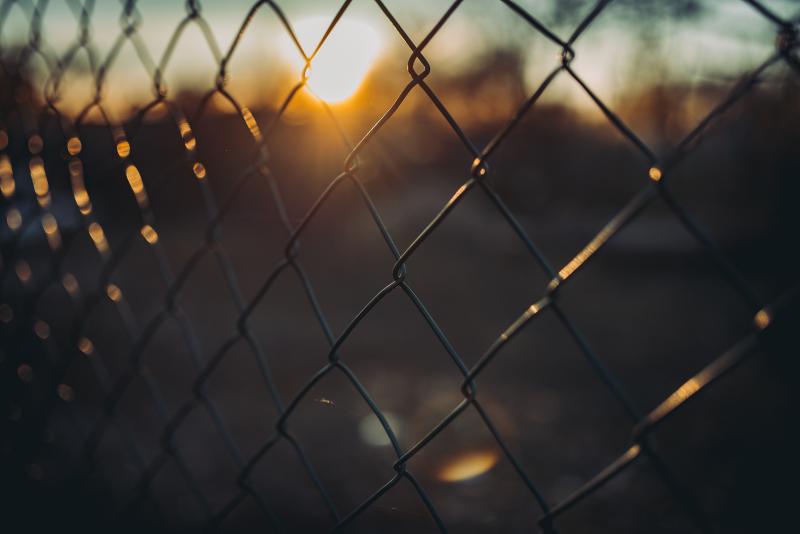
American jails and prisons have become coronavirus hotbeds. In response to this crisis, states and localities are releasing prisoners to reduce overcrowding. Their efforts are being undermined by the continued arrest of low-level offenders.
The five largest known clusters of coronavirus in the U.S. are in correctional institutions. At Marion Correctional Institution in Ohio, more than 80% of the population is infected. Five staff members and eighty-four prisoners have died.
This poses an obvious risk to incarcerated populations, as jails and prisons are ill-equipped to deal with such a widespread outbreak. But the problem goes far beyond prison walls. Guards and other staff at correctional institutions risk contracting coronavirus and spreading the illness to their families and communities.
In light of this crisis, prisons and jails across the country are cutting populations through early release. Prison populations nationwide have fallen 20% in recent months, with Oregon cutting its prison population by nearly 50%.
For elderly and immunocompromised individuals, incarceration at Marion or a comparable institution comes dangerously close to a death sentence. Yet the health of the incarcerated must be balanced with public safety concerns; eligibility for early release must take into account the severity of the crime and the risk an offender poses to the public.
As law enforcement decides which individuals are eligible for early release, their efforts are negated by the arrest of low-level offenders who do not pose a serious risk to public safety.
Shelley Luther, the Texas salon owner who was famously arrested for keeping her business open in violation of stay-at-home orders, spent two days in jail. Trivial arrests of this nature contribute to overcrowding and increase the risk of major outbreaks in jails. They also pose an unnecessary risk to the police officers carrying out arrests during a pandemic.
The same is true for arrests related to technical violations. Parolees who are unable to pay fines and fees—particularly during a nationwide economic shutdown which has left millions unemployed—should not be sent back to jail.
The limited resources of law enforcement must be reserved for those who pose a legitimate risk to public safety.

